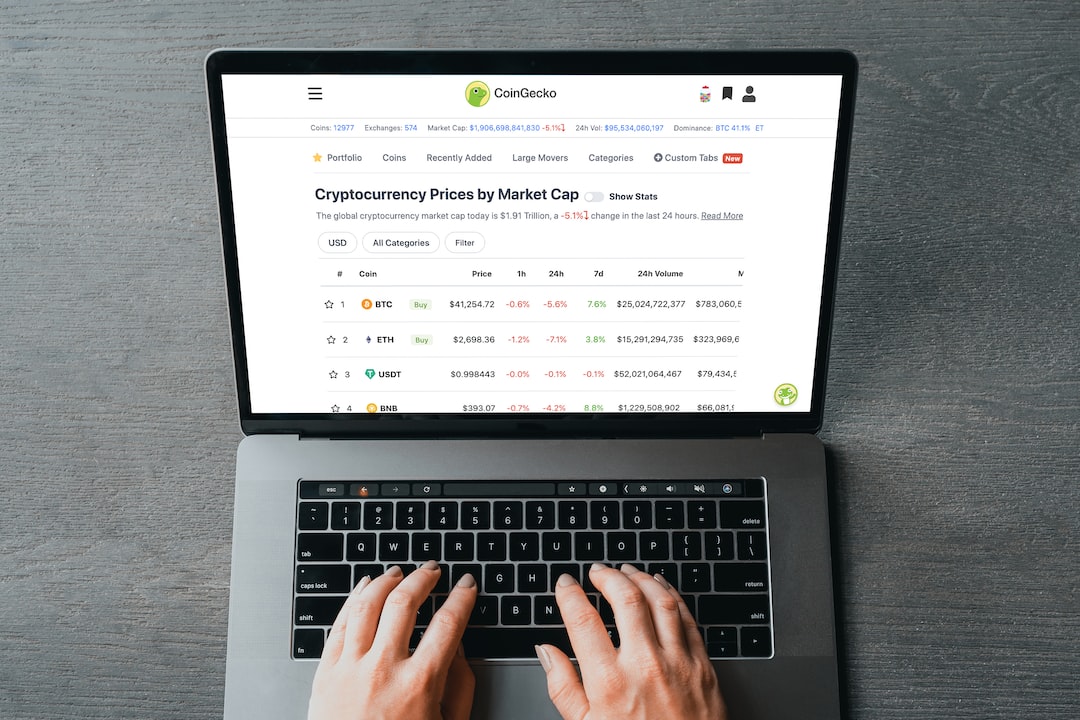A Crucial Meeting on Crypto Regulation
The head of South Korea’s Financial Supervisory Service (FSS), Lee Bok-hyun, is scheduled to meet with the chair of the United States Securities and Exchange Commission (SEC), Gary Gensler, in January. This meeting aims to discuss the current state of the cryptocurrency market and potential supervisory policies in this rapidly evolving sector.
Regulatory Developments in Both Countries
This meeting comes at a critical time as both countries are experiencing regulatory changes. There are speculations that the SEC might soon approve several spot Bitcoin exchange-traded products. In South Korea, new policies regarding crypto investors and fund handling by exchanges are expected to be implemented in July 2024. These developments highlight the need for high-level discussions.
Complexities Surrounding Do Kwon’s Case
Adding to the regulatory landscape complexity is the case of Do Kwon, co-founder of Terraform Labs, who is facing legal challenges in multiple countries. The possibility of his extradition to the United States further complicates the discussion between Lee and Gensler. This case exemplifies the intersection between international law and the decentralized nature of cryptocurrencies.
Gensler’s Approach to Crypto Regulation
Under Gary Gensler’s leadership, the SEC has taken a cautious approach to the crypto market. The industry has been awaiting decisions on spot crypto exchange-traded funds (ETFs) for major cryptocurrencies like Bitcoin and Ether. However, the SEC has only approved ETFs tied to crypto futures. The meeting between Lee and Gensler could shed light on future regulatory approaches in this area.
Hot Take: Importance of International Cooperation on Crypto Regulation
As the global cryptocurrency market continues to evolve, it becomes increasingly crucial for regulators from different countries to collaborate and discuss the best approaches to supervision. The meeting between Lee Bok-hyun and Gary Gensler represents a proactive step in this direction, as they address the current state of the market and potential regulatory policies. By exchanging ideas and insights, these regulators can work towards creating a harmonized framework that fosters innovation while protecting investors and maintaining market integrity.





 By
By
 By
By
 By
By

 By
By
 By
By